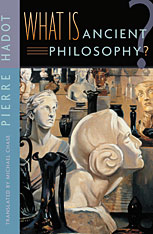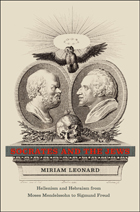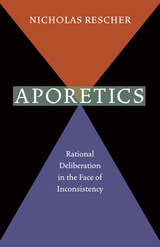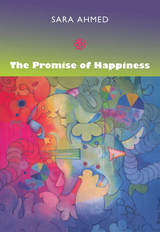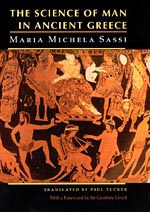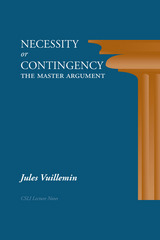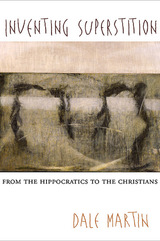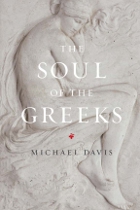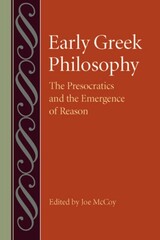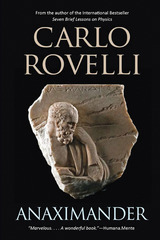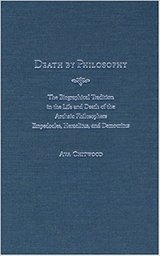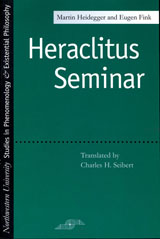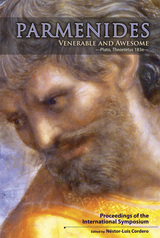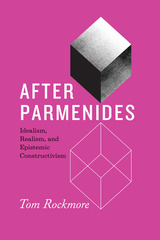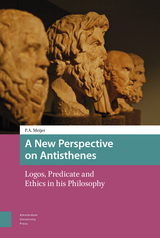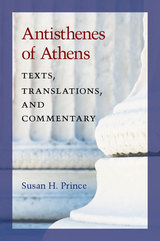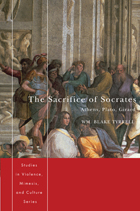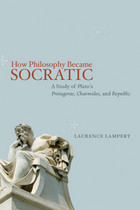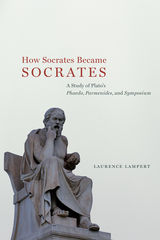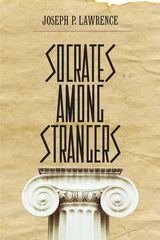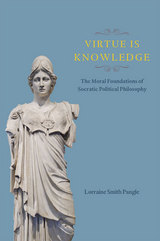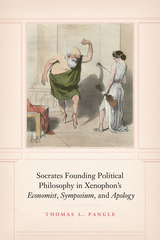Heraclitus Seminar
Northwestern University Press, 1993
Paper: 978-0-8101-1067-0
Library of Congress Classification B223.H4313 1993
Dewey Decimal Classification 182.4
Paper: 978-0-8101-1067-0
Library of Congress Classification B223.H4313 1993
Dewey Decimal Classification 182.4
ABOUT THIS BOOK | AUTHOR BIOGRAPHY | TOC | REQUEST ACCESSIBLE FILE
ABOUT THIS BOOK
In 1966–1967 Martin Heidegger and Eugen Fink conducted an extraordinary seminar on the fragments of Heraclitus. Heraclitus Seminar records those conversations, documenting the imaginative and experimental character of the multiplicity of interpretations offered and providing an invaluable portrait of Heidegger involved in active discussion and explication.
Heidegger's remarks in this seminar illuminate his interpretations not only of pre-Socratic philosophy, but also of figures such as Hegel and Holderllin. At the same time, Heidegger clarifies many late developments in his own understanding of truth, Being, and understanding. Heidegger and Fink, both deeply rooted in the Freiburg phenomenological tradition, offer two competing approaches to the phenomenological reading of the ancient text-a kind of reading that, as Fink says, is "not so much concerned with the philological problematic . . . as with advancing into the matter itself, that is, toward the matter that must have stood before Heraclitus's spiritual view."
Heidegger's remarks in this seminar illuminate his interpretations not only of pre-Socratic philosophy, but also of figures such as Hegel and Holderllin. At the same time, Heidegger clarifies many late developments in his own understanding of truth, Being, and understanding. Heidegger and Fink, both deeply rooted in the Freiburg phenomenological tradition, offer two competing approaches to the phenomenological reading of the ancient text-a kind of reading that, as Fink says, is "not so much concerned with the philological problematic . . . as with advancing into the matter itself, that is, toward the matter that must have stood before Heraclitus's spiritual view."
See other books on: 1889-1976 | Heidegger, Martin | Heraclitus | Heraclitus, of Ephesus | of Ephesus
See other titles from Northwestern University Press

